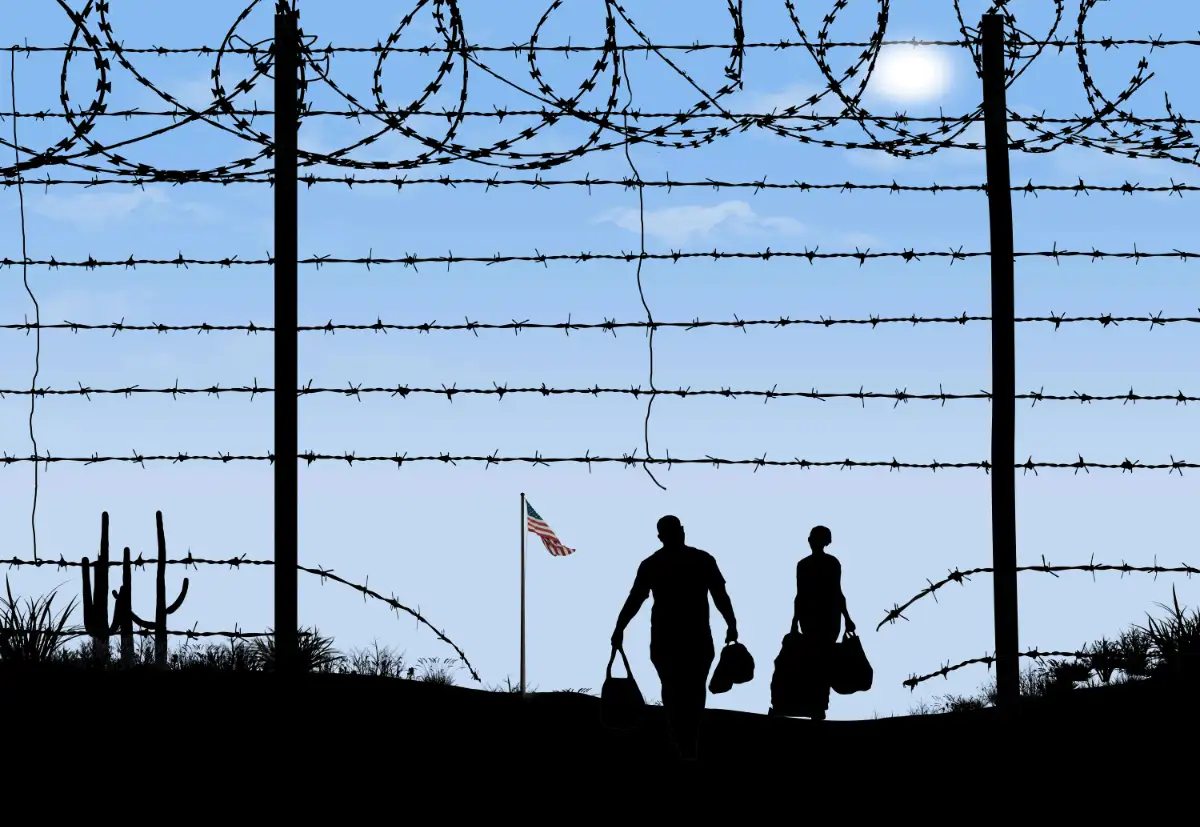This article investigates the multifaceted effects of stringent border policies on immigrant communities, exploring social, economic, and psychological dimensions.
Border policies are often presented as necessary measures for national security, yet their repercussions extend deeply into the lives of immigrants. The article begins by describing various border control measures, including increased surveillance, physical barriers, and stricter enforcement protocols, and sets the stage for a discussion on their human impact.
Through interviews with affected individuals and analysis of recent reports, the article illustrates the challenges faced by migrant families—such as prolonged separation, limited access to essential services, and the stress associated with irregular migration. It discusses how these measures have led to feelings of isolation, fear, and uncertainty among immigrant communities, impacting both their short-term well-being and long-term integration prospects.
The article concludes by weighing the necessity of secure borders against the need for humane treatment. Expert voices and policy analysts suggest alternative.



